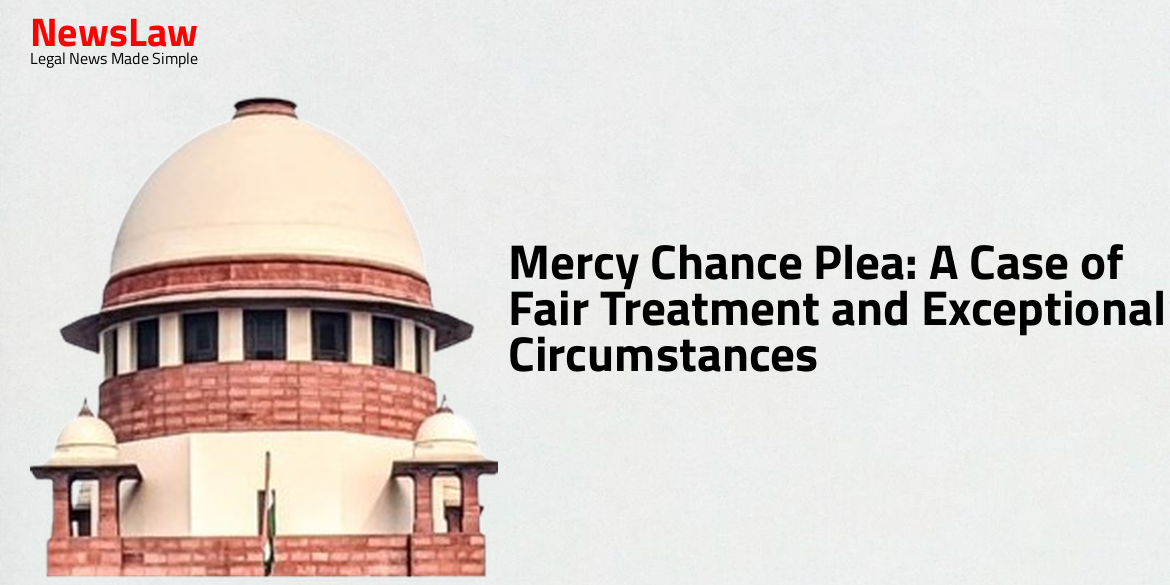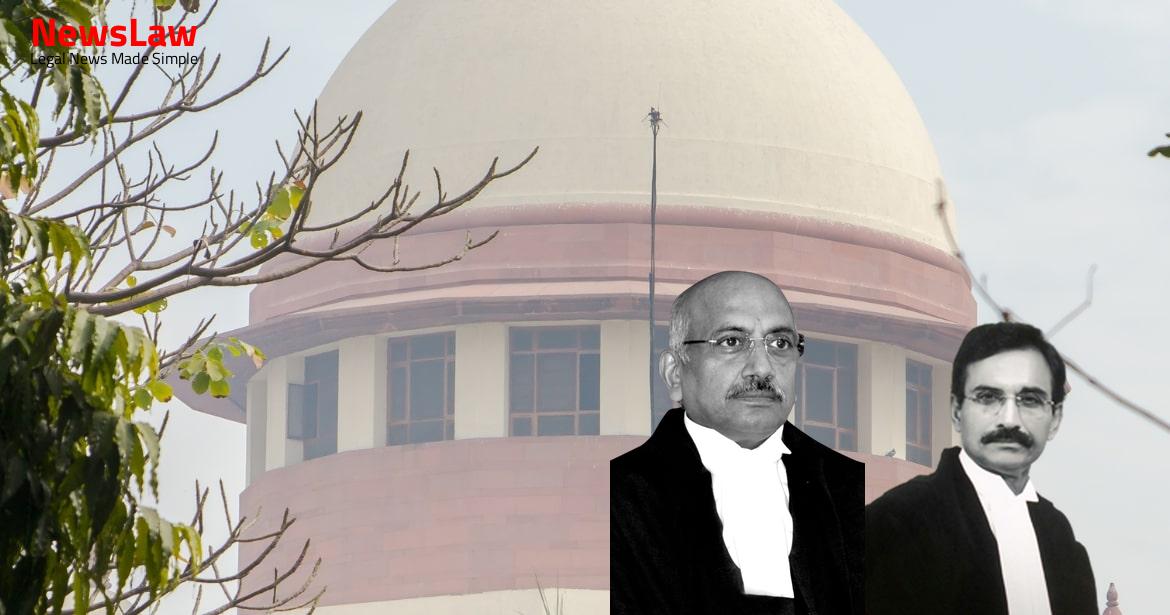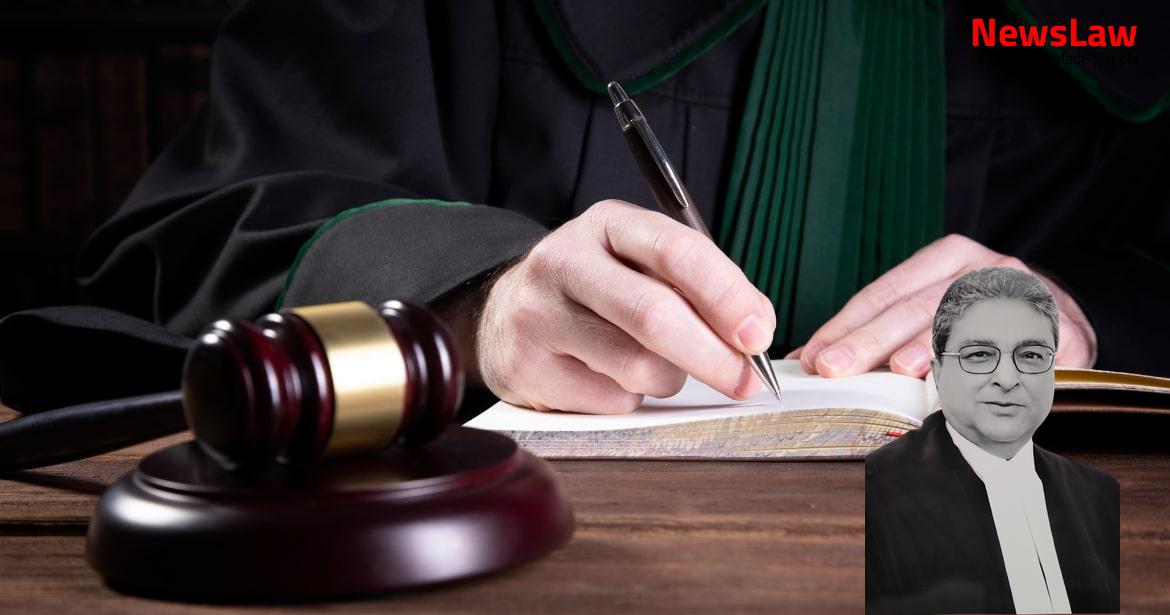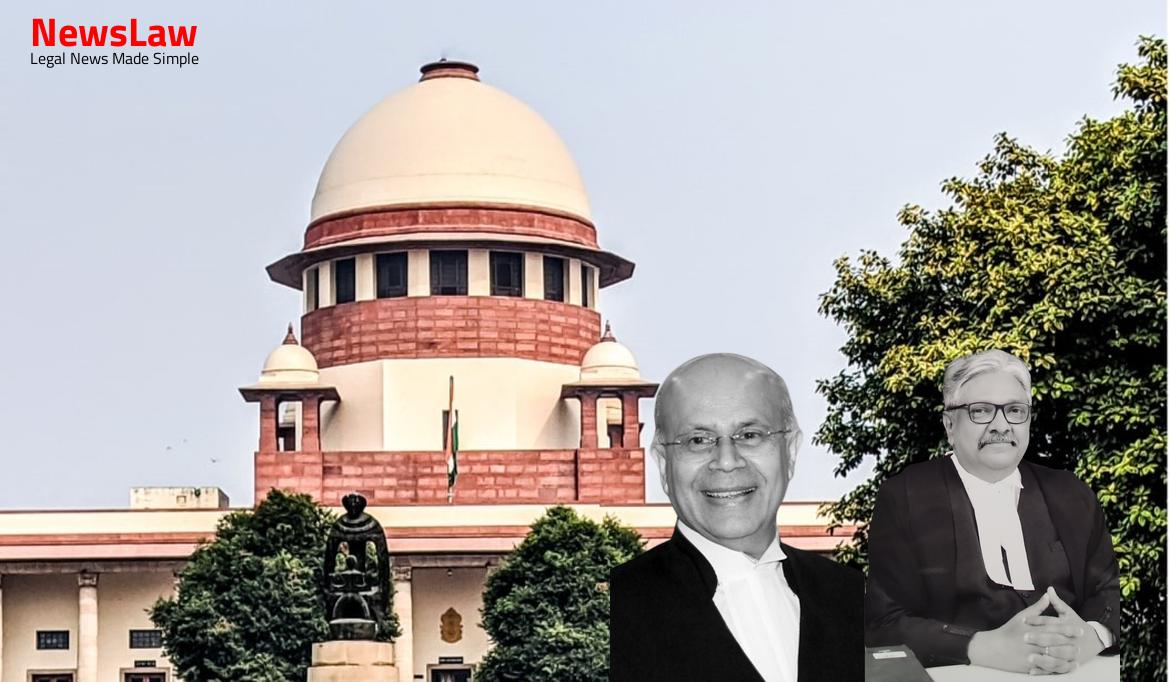The case titled ‘Mercy Chance Plea: A Case of Fair Treatment and Exceptional Circumstances’ before the Delhi High Court explores the petitioner’s plea for a mercy chance in light of regulations and guidelines. The petitioner seeks fair treatment amidst exceptional circumstances, drawing attention to the need for leniency. Let’s delve deeper into this intriguing legal battle and the implications it holds for similar cases.
Facts
- The petitioner is a student of the 2020-2024 batch at Ali Yavar Jung National Institute of Speech and Hearing Disabilities.
- He failed his Communication Sciences paper multiple times, scoring below the minimum pass marks each time.
- Despite clearing the Common Entrance Test (CET) in 2020 and joining the B. ASLP course, he has faced challenges in progressing due to failing grades.
- The University’s refusal to award grace marks has prevented him from advancing to the sixth semester of the course.
Arguments
- The petitioner, a student pursuing the B. ASLP course, seeks a mercy chance similar to the one granted to Harsh Thakur, a senior student, due to the COVID-19 pandemic affecting studies.
- The petitioner’s request for grace marks in the Communication Sciences paper of the first semester is based on the regulations and guidelines governing the University courses.
- Regulations 1, 4, 5, and 6 of the 2013 Regulations regarding grace marks in examinations are crucial to the petitioner’s case.
- The petitioner argues that the literal interpretation of Regulation 5 would lead to absurd consequences, as it would prevent him from progressing to the sixth semester and obtaining his degree.
- Instances of other students being granted grace marks in re-appear exams are cited to support the petitioner’s argument for fair treatment.
- The petitioner’s plea for a mercy chance is also grounded in the principle of non-discrimination among students and the need for leniency during exceptional circumstances like the pandemic.
- The petitioner’s case is distinct from previous judgments and regulations, making it a contentious issue that requires a fair and just resolution.
- Mr. Sabharwal argues that the petitioner’s request for a mercy chance is unwarranted.
- He asserts that the petitioner’s situation did not involve unavoidable circumstances preventing them from attempting the papers.
- Para 15 of the Supreme Court’s judgment in Maharashtra State Board of Secondary and Higher Secondary Education v. Amit is cited to support this argument.
Analysis
- The petitioner, Mr. Harsh Thakur, sought grace marks for Communication Sciences paper after failing in three attempts.
- Regulations specify that grace marks can only be awarded at the end of certain specified years to render candidates eligible for a degree.
- Regulation 5 does not apply to Mr. Harsh Thakur’s case as he has not reached the specified number of years in his course.
- The University’s decision to refuse additional chances aligns with the regulations that govern such scenarios.
- Applying interpretative calisthenics to regulations for grace marks is cautioned against, as they must be strictly adhered to.
- Mr. Harsh Thakur’s case is not identical to the case where a mercy chance was granted, thus discretion shall be exercised as per the established rules.
- The examination system the petitioner is under is semester-based, and failure to clear a certain paper within the permitted attempts hinders progress.
- The discretion to grant grace marks or additional chances lies with the University’s highest authority as per the regulations.
- Regulations specify conditions under which grace marks can be granted, and these guidelines must be followed meticulously.
- Grant of grace marks is viewed as diluting academic standards, urging for cautious interpretation and application of the regulations.
- Master’s degree is considered the highest qualification.
- The High Court of Punjab and Haryana judgement in Rahul Kapoor case is distinguished from the present case.
- The Supreme Court cautions against undue leniency in awarding grace marks.
- The Supreme Court notes that grace marks dilute academic standards and should be awarded strictly in accordance with applicable regulations.
- The Supreme Court disapproves of Punjab University’s practice of awarding grace marks for post-graduate degrees.
- The Supreme Court emphasizes that post-graduate degrees should be conferred only on deserving students based on their performance without the need for grace marks.
- The petitioner’s request for relief through the awarding of grace marks and granting a mercy chance is not sustainable in law.
- The facts and regulations applicable to Harsh Thakur, with whom the petitioner is analogizing his case, are different from the petitioner’s.
- Due to the above reasons, the Court is unable to grant the relief sought by the petitioner.
- The petitioner cannot claim a mercy chance by drawing parallels to Harsh Thakur’s case.
Decision
- The facts in this case are identical to the facts in WP (C) 1506/2024
- The relief claimed by Durgesh Mohan Mishra is identical to the relief claimed by Raj Gangwani
- The pending miscellaneous applications do not survive for consideration and are disposed of accordingly
- Following the above judgment, this writ petition is dismissed with no orders as to costs
Case Title: RAJ GANGWANI Vs. GURU GOBIND SINGH INDRAPRASTHA UNIVERSITY & ORS. (2024:DHC:3605)
Case Number: W.P.(C)-1506/2024



